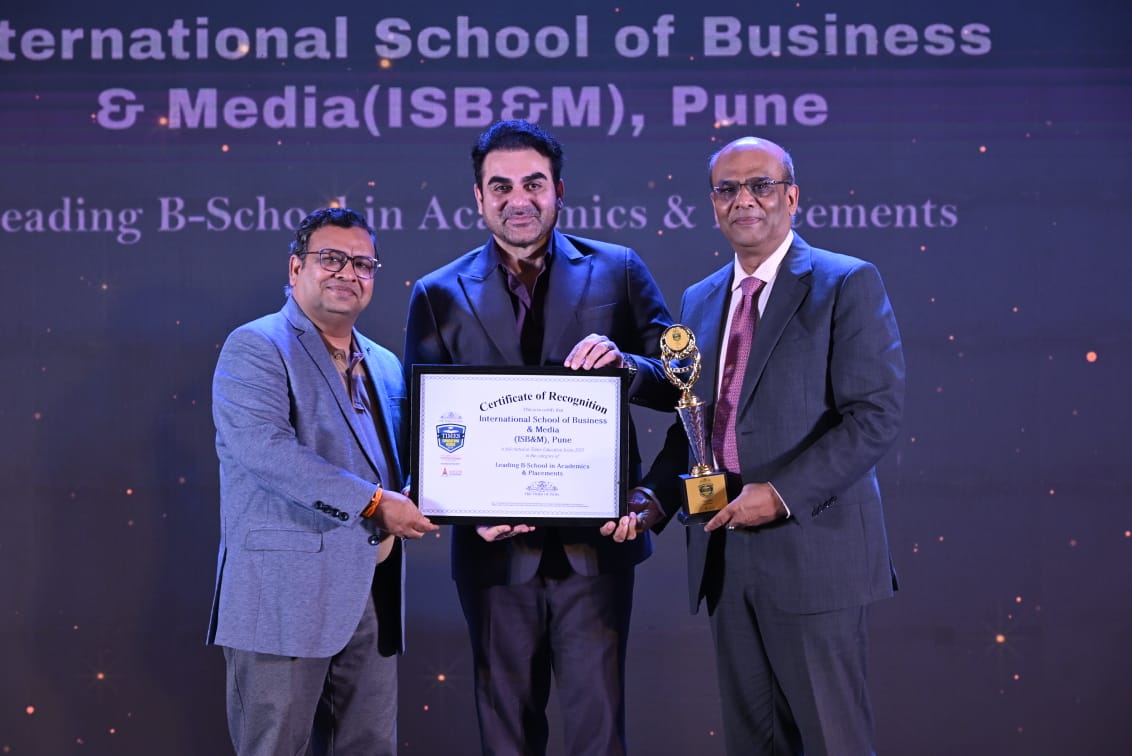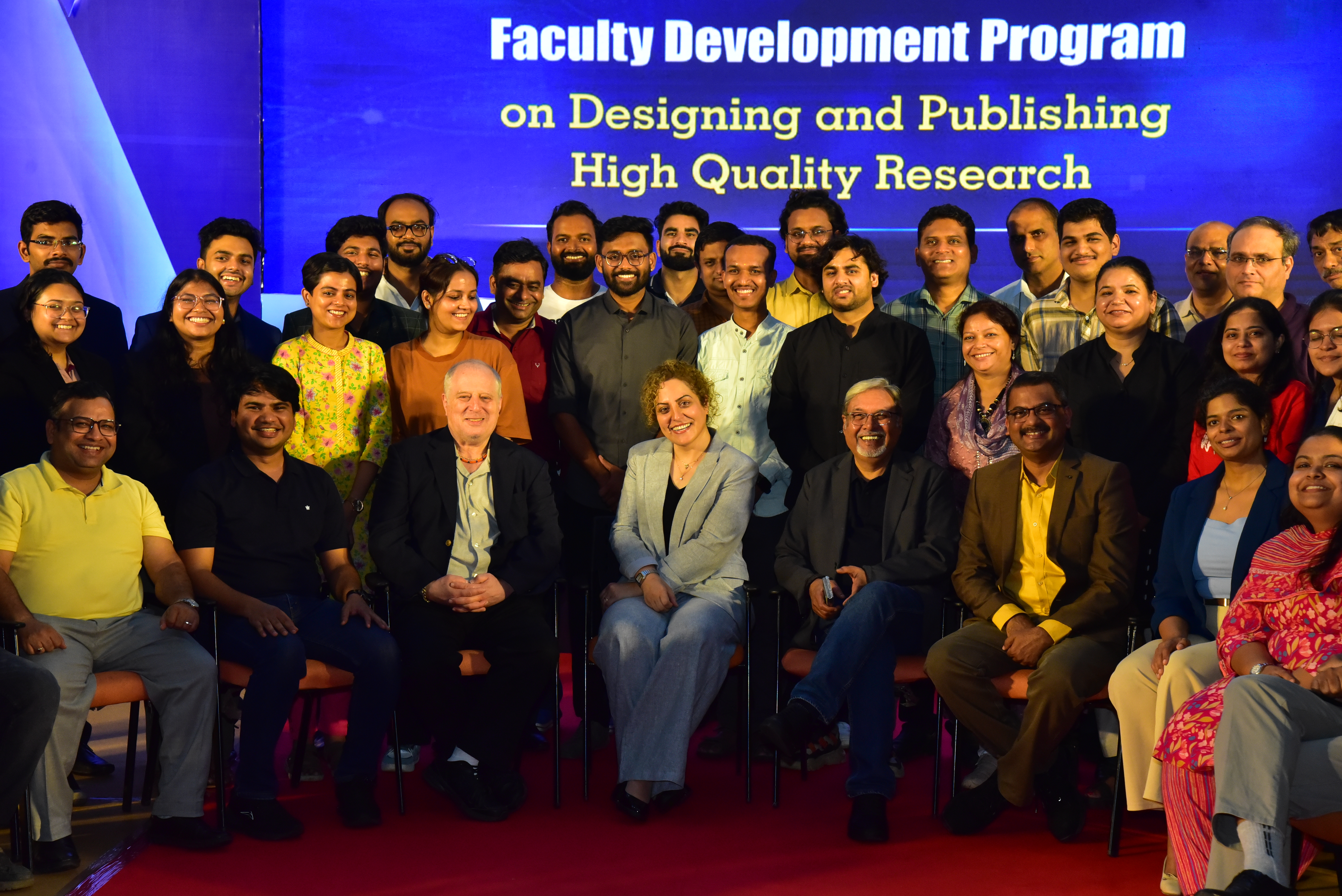
ART OF TALENT ACQUISITION
Talent is the only differentiation that can make or mar the fortunes of any Organization. Organization’s success depends on its ability to identify, acquire, develop, manage and retain the Talent. Talent is not limited to first two rungs of Organization structure, it apply to all levels of jobs. Top managements of best run companies are aware of the importance of Talent management and they spend nearly 40 – 50% of their time in managing the talent. From 1990s the focus on employee engagement has changed dramatically. The high cost of employee turnover combined with poor engagement, competition for manpower and lack of structured succession planning has led to greater interest in managing talent. Adding to the vows, the mobility of manpower is also increased with better opportunities in far off places facilitated by revolution in communications and transportation.
In case of Talent, the power had shifted from Organization to individual. More than ever, talented individuals know their worth and their expectations are quite high. Excellent Talent has become a crucial source of competitive advantage. Organization dynamics have changed radically. The kind of paternalism associated with organization no longer exists and so the loyalty on the part of employees. Organizations and employees have become mercenaries. Everyone wants to take the advantage of demand supply – be it employee or employer. McKinsey updated its 1997 survey in 2000 and this reveals “89% of those surveyed thought it is more difficult to attract talented now than it was three years ago and 90% thought it is now more difficult to retain them. The update also found that the companies doing the best job of managing their talent deliver far better results for shareholders. Companies scoring in the top quintile of talent management practices outperform their industry’s mean return to shareholders by a remarkable 22 percentage points. Talent Management isn’t the only driver of such performance, but it is clearly a powerful one. Subsequent surveys many Organizations proved that Talent is scarce and fight to acquire and retain is growing dramatically over a period of time.
In the time Volatility, uncertainty, complexity and ambiguity , Organizations are at the wits end to take what kind of approach they should adapt to Talent Acquisition. Sometimes organization’s ponder over whether “to buy or build” the talent; both has its advantages and disadvantages. It is not buy or build, but “buy and build” the ratio can be decided by the management. Management should ensure the catchment area of Talent acquisition should be quite vast. Most of the times management equates Talent with education and that will not allow management to explore many possibilities otherwise available. Some of the world’s best Organizations are run by College dropouts. Education has nothing to do with the talent. We should take into the consideration of talent availability in diversity, specially disabled, retired and not so well educated. The best of the auto mobile mechanics never studied auto mobile engineering. They have developed themselves as an experts by working on the automobiles. When the Organization decided to acquire talent, they should aim for such a talent which is hidden or passive in other Organization. Every organization has set of people who are passive or silent reapers or unsung heroes who do the excellent job and yet shun recognition or importance. They do their work silently and meticulously. This is the kind of talent helps the Organization to compete with best in world and that is what every organization should target. Organization should use very innovative ways to acquire such kind of talent. Hunting for talent all the times, looking in to diverse pools of talent, breaking compensation rules, by participating or organizing Golf or Squash tournaments. You can really come across best of the talent and you can cash on the opportunity. Social networking sites can also play very important role in acquiring the Talent.
Professor at International School of Business & Media





